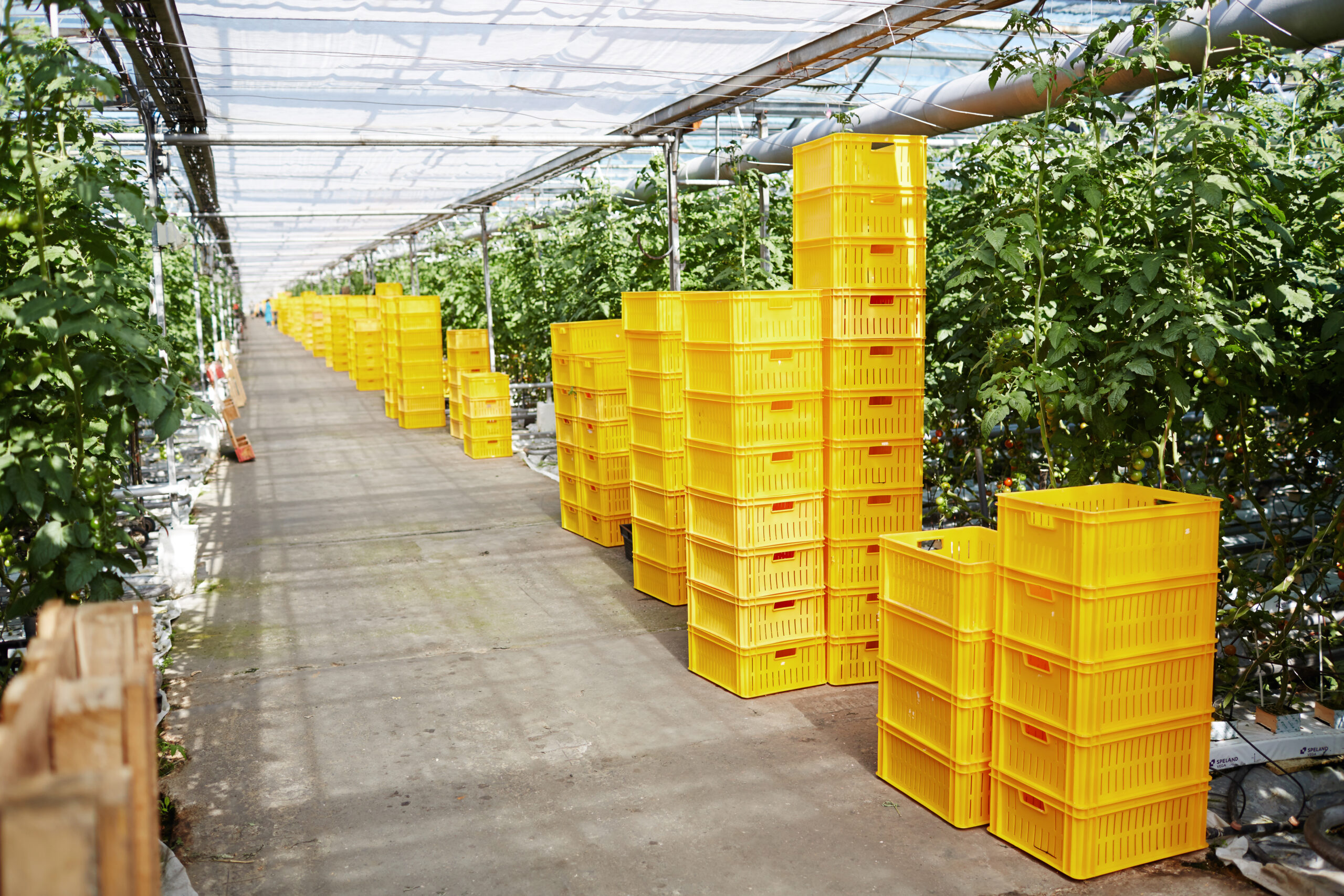Introduction
1. Farm-to-Table Philosophy
At the heart of farm cuisine is the farm-to-table philosophy. This concept revolves around the idea of sourcing ingredients directly from local farms and using them to create fresh, seasonal dishes. This approach reduces the carbon footprint associated with food transportation, supports local agriculture, and ensures that ingredients are at the peak of freshness when they reach the plate.
2. Celebrating Seasonality
Farm cuisine embraces the changing seasons as a source of culinary inspiration. Unveiling the journey of food recognizes that each season offers a unique bounty of fruits, vegetables, and other ingredients. This celebration of seasonality encourages chefs to create menus that reflect the flavors and ingredients available locally at a particular time of year. For example, spring might bring a focus on tender asparagus and young greens, while autumn offers an array of root vegetables and hearty squashes.
3. Connection to Local Producers
A key aspect of farm cuisine is establishing strong connections with local farmers, ranchers, and food artisans. Chefs work closely with these producers, often visiting farms to handpick ingredients or collaborating on special menu items. These relationships not only ensure the highest quality ingredients but also support the livelihoods of local farmers and contribute to the preservation of regional food traditions.
4. Sustainability and Ethical Practices
Sustainability is a core value of farm cuisine. Ingredients are sourced from farms that prioritize ethical and environmentally responsible practices. This includes organic farming, pasture-raised livestock, and a commitment to reducing food waste. By supporting these practices, farm cuisine promotes a more sustainable and eco-conscious approach to food production.
5. Embracing the Whole Ingredient
Farm cuisine encourages the use of the whole ingredient, minimizing waste. This means that every part of an ingredient is used, from root to leaf, from nose to tail. For instance, beet greens can be transformed into vibrant salads, and kitchen scraps might be used to create flavorful stocks. This approach not only reduces food waste but also showcases the versatility of ingredients.
Hidden Dangers Lurking in Your Favorite Desserts
Master the Art of Cooking Safely with These Insider Tips
6. Creative and Innovative Dishes
While farm cuisine is rooted in tradition and simplicity, it also allows for creativity and innovation in the kitchen. Chefs take pride in crafting dishes that highlight the natural flavors of ingredients. You’ll find dishes that are both rustic and refined, showcasing the culinary skills needed to elevate simple, local ingredients to gourmet heights.
7. Regional and Cultural Influences
Farm cuisine often draws inspiration from regional and cultural traditions. It’s a celebration of the culinary heritage of a particular area, incorporating local flavors, cooking techniques, and cultural influences. For example, farm cuisine in the Mediterranean might feature dishes rich in olive oil, fresh herbs, and seafood, while farm cuisine in the American South might highlight cornbread, collard greens, and slow-cooked barbecue.
8. Health and Well-being
The emphasis on fresh, whole ingredients in farm cuisine aligns with principles of health and well-being. These dishes are typically lower in processed foods and artificial additives, making them a healthier choice for diners. Additionally, the nutrients and flavors present in seasonal, locally sourced ingredients contribute to a satisfying and nourishing dining experience.
9. A Sense of Place
When you sit down to enjoy a farm cuisine meal, you’re not just eating; you’re experiencing a sense of place. The flavors, textures, and aromas reflect the unique character of the region and the season. Farm cuisine invites diners to connect with the land and culture from which their food originates, fostering a deeper appreciation for the culinary diversity of our world.
10. The Future of Dining
Farm cuisine represents a shift in the way we think about dining. Unveiling the journey of food encourages a return to the roots of food production and an embrace of sustainable, locally sourced ingredients. As the movement gains momentum, it has the potential to reshape the future of dining, fostering a greater connection between consumers, producers, and the land itself.
In conclusion
Unveiling the journey of food and nutrition is more than just a trend; it’s a culinary movement that celebrates the beauty of simplicity, sustainability, and seasonality. It’s a delicious reminder of the importance of knowing where our food comes from and how it’s produced. So, the next time you savor a farm-to-table meal, take a moment to appreciate the sustainable delights on your plate—a true celebration of the land, the people, and the flavors that make our culinary world so extraordinary.
Share this content:


[…] Unveiling the Journey of Food […]
[…] Unveiling the Journey of Food […]